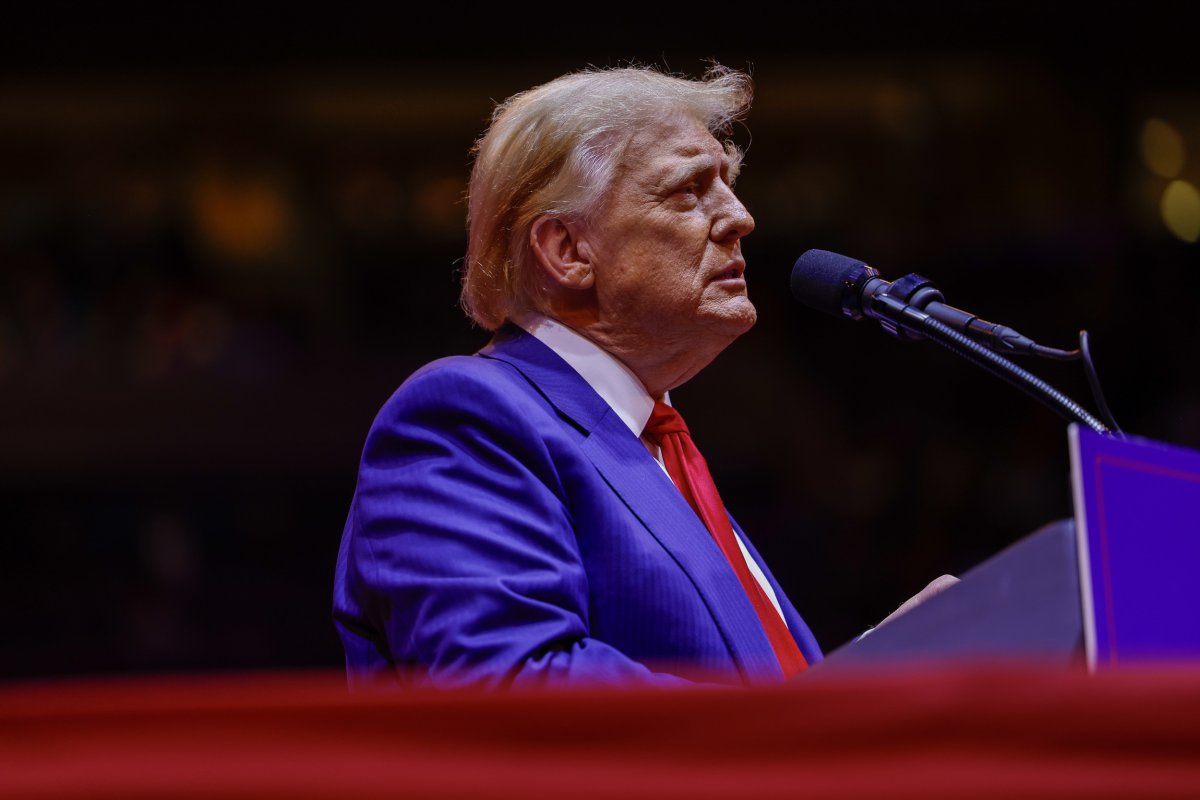While discussions around Tesla often revolve around its vehicles or advancements in autonomy, industry insiders suggest that the company’s most groundbreaking innovation lies in its manufacturing approach. According to Jeff Lutz, CEO of Launch i/o and a former executive at Google and Motorola, Tesla’s real revolution isn’t just in the cars or robots it builds—it’s in how they’re made.
Lutz points to Tesla’s “first-principles” approach to manufacturing, which fundamentally rethinks traditional production processes. Unlike most companies that focus on cheap labor or conventional production models, Tesla designs its factories with the same precision and iteration as its vehicles.
“Tesla is creating factories that are the product—designing, testing, and perfecting every element just as they do with their cars. This focus on manufacturing efficiency will lead to a dramatic reduction in production costs, potentially bringing them closer to zero,” said Lutz.
This innovative mindset is setting Tesla apart, challenging longstanding industry norms, and potentially creating a new standard for global manufacturing. Lutz predicts this strategy will not only make Tesla’s factories more efficient but will also enable unprecedented scaling—whether it’s producing millions of Cybertrucks, bots like Optimus, or other future innovations.
A Paradigm Shift in Manufacturing
In a discussion with Farzad Mesbahi, Lutz elaborated on Tesla’s unique process:
“Tesla versions its factories like they version their products. They spend time perfecting it and have design reviews of their factory designs just as they do with their cars. This is very different from what happens at other companies at the executive level,” Lutz explained.
Mesbahi highlighted that Tesla’s commitment to redefining manufacturing stands in stark contrast to decades of reliance on cheap labor as a shortcut to profitability.
“We’ve brute-forced manufacturing by leveraging globalization,” said Mesbahi. “Instead of pushing engineering and manufacturing boundaries, companies have taken the easy way out. Tesla, however, focuses on pushing efficiency and productivity to new heights.”
Localization and the Future of Manufacturing
Lutz also predicted a wave of manufacturing localization inspired by Tesla’s approach. Unlike conventional thinking that equates localized production with higher costs, Lutz argued that companies can achieve cost reductions by adopting Tesla’s innovative practices.
“You’re going to see massive localization of manufacturing. If you’re a company like Tesla, you’re thinking about ways to localize while driving costs down. How many auto factories are expanding in Germany? Just answer that question,” Lutz noted.
A Model for Industry Transformation
Both Lutz and Mesbahi believe Tesla’s groundbreaking methods will inspire a broader transformation across industries.
“If companies take Tesla’s first-principles approach to heart, we’re going to see an explosion in manufacturing across the board,” said Mesbahi. “It won’t just be a Tesla thing—it will ripple through the entire industry.”
Tesla’s revolutionary take on manufacturing could redefine global production, creating a future where efficiency and scale reach levels previously thought unattainable. Whether others will follow Tesla’s lead remains to be seen, but the company’s bold vision is already challenging the way industries approach building everything from cars to robots.
 Telegram is where we really talk. Don't miss out!
Telegram is where we really talk. Don't miss out!








